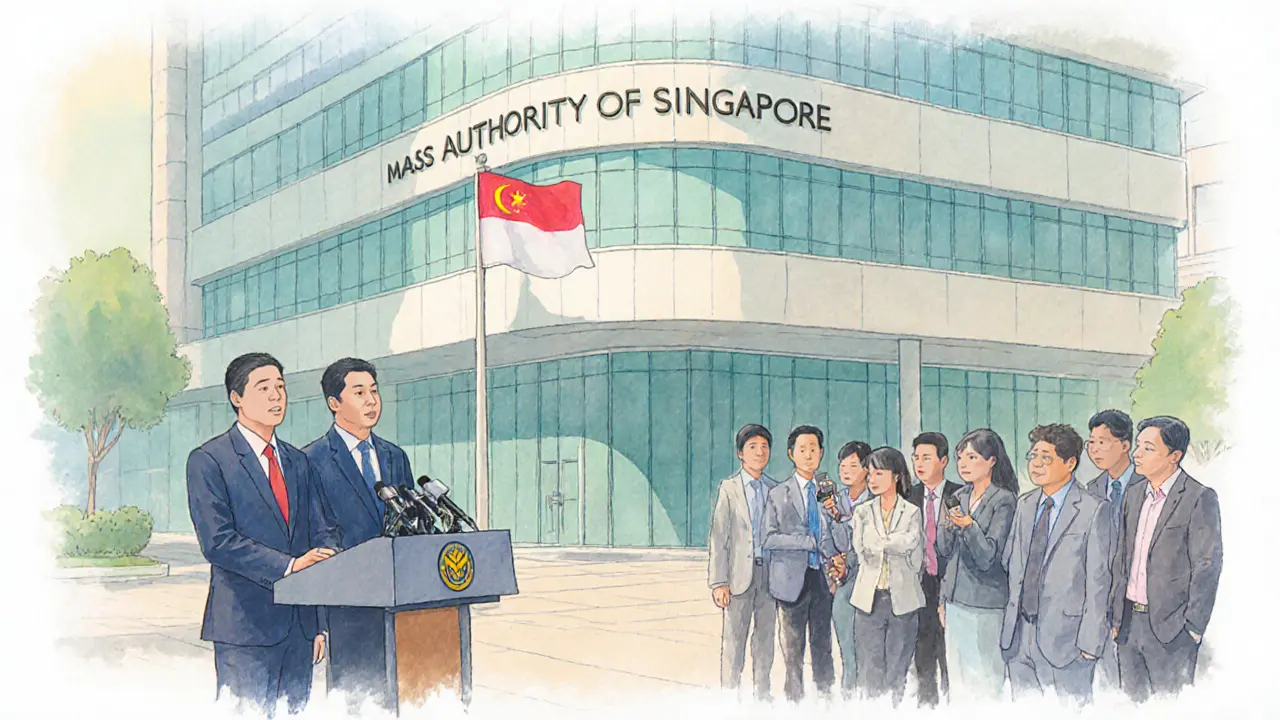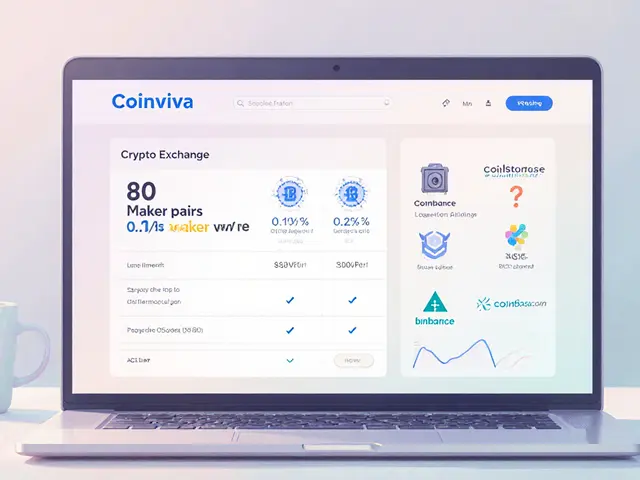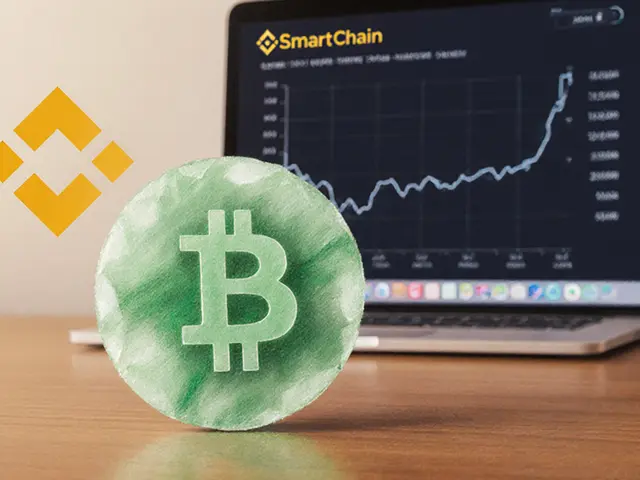Singapore Crypto Oversight
When talking about Singapore crypto oversight, the set of rules that govern digital assets, exchanges, and service providers in Singapore. Also known as MAS crypto framework, it aims to protect investors while keeping the ecosystem innovative. The Monetary Authority of Singapore (MAS, Singapore's central bank and financial regulator) issues licenses to Digital Asset Service Providers (DASP, companies that offer crypto trading, custody, or token issuance services) and enforces anti‑money‑laundering (AML) standards that mirror global best practices. Understanding these pillars—licensing, AML, and market surveillance—helps anyone from a casual trader to a token issuer know what’s required to operate legally in the Lion City.
Why the Rules Matter
Singapore crypto oversight hinges on three core attributes. First, the licensing regime classifies service providers into three tiers: Major Payment Institution, Standard Payment Institution, and digital asset exchange, each with capital and compliance thresholds. Second, AML obligations demand robust Know‑Your‑Customer (KYC) processes, transaction monitoring, and mandatory reporting of suspicious activity to the Suspicious Transaction Reporting Office. Third, recent stablecoin guidance treats certain tokenized assets as e‑money, subjecting them to the same prudential standards as traditional fiat‑backed instruments. Together, these rules create a predictable environment that attracts global firms—many set up regional hubs here because they can tap into a clear regulatory path while benefiting from Singapore’s strong legal system and tech talent pool.
Comparisons with other jurisdictions highlight why Singapore’s approach stands out. Australia’s new consumer protection framework, for example, adds licensing layers but still wrestles with fragmented state rules. Iraq has imposed a blanket ban on crypto, stalling any market development. The UAE, meanwhile, offers fast‑track licensing but focuses heavily on tax incentives rather than AML depth. By contrast, Singapore blends rigorous AML enforcement with a straightforward licensing checklist, offering both safety and speed. This balance shows up across our collection: from coin‑specific deep‑dives like XPIN Network, to tax guides for Nigeria and global crypto tax comparisons, to exchange reviews that weigh compliance against fees.
Armed with this context, you’ll find the articles below break down how Singapore’s regulatory pieces affect real‑world decisions. Whether you’re checking if a new token qualifies as a stablecoin, sizing up the compliance costs of launching a DASP, or comparing Singapore’s rules to other markets, the insights here are built on the same regulatory backbone. Dive in to see how each rule translates into actionable steps for investors, developers, and businesses operating in the fast‑moving crypto space.

MAS tightens Singapore's crypto rules, limiting new DTSP licences, enforcing AML/CFT standards, Travel Rule, and hefty penalties after a June 30, 2025 deadline.
Jonathan Jennings Oct 13, 2025




